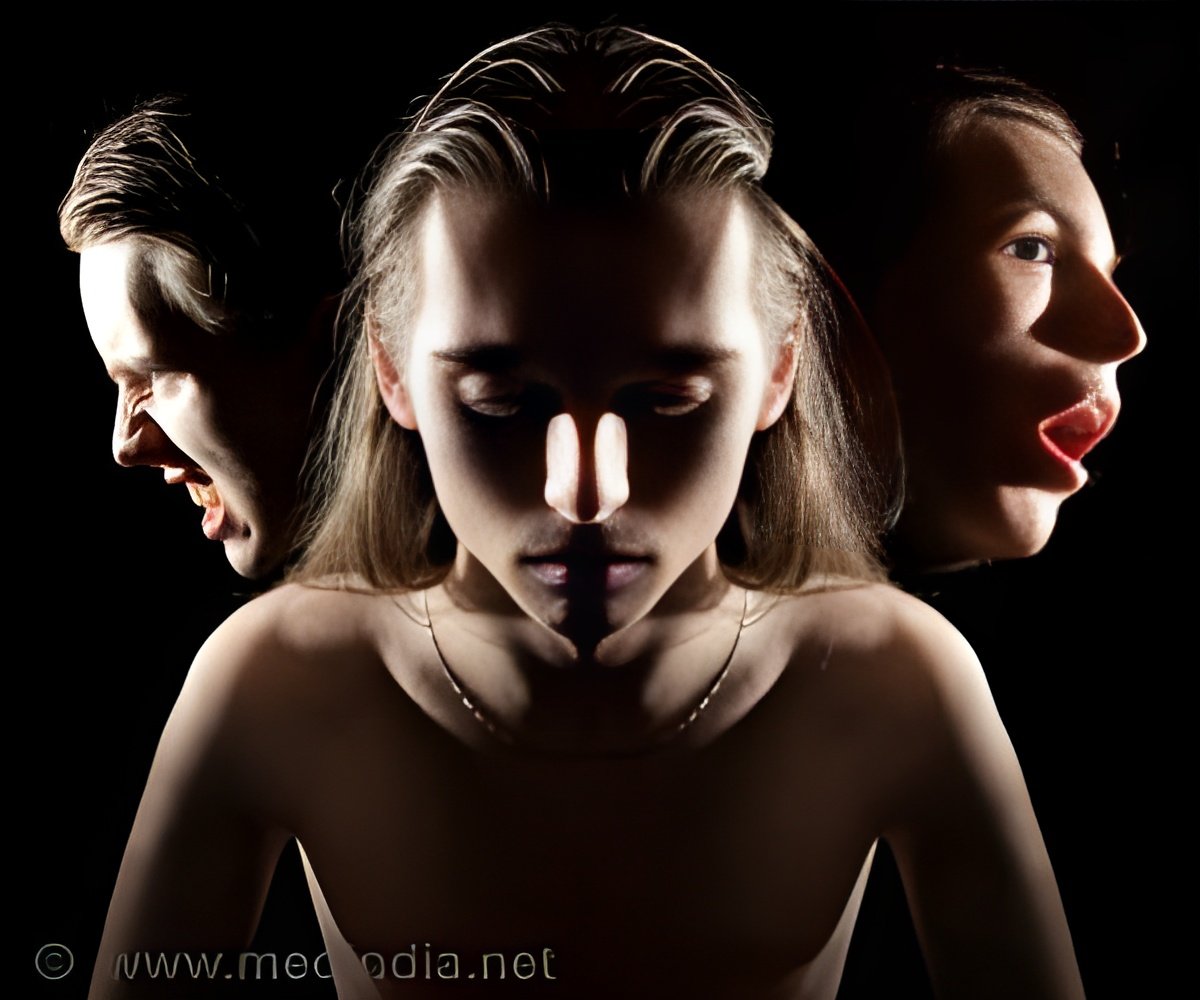Magnetic seizure therapy (MST) may help relieve treatment-resistant depression in bipolar patients.

During electroconvulsive therapy, small electric currents are passed through the brain, deliberately triggering a brief seizure. The seizures can cause changes in brain chemistry that can reverse symptoms of certain mental health conditions.
"Electroconvulsive therapy is still considered the gold standard for treatment-resistant depression, but it can have adverse side effects in few patients, including memory problems," stated Salih Selek, MD, a professor of Psychiatry and Behavioral Sciences.
"In this trial, we'll use many machines that use magnetic waves, not electricity, to cause seizures. So instead of giving an electric signal to the brain, it gives magnetic waves to the frontal, parietal lobe of the brain, which aids control emotions."
The magnetic pulses can concentrate the stimulation to a particular area of brain tissue as they do not have to go through the skullor scalp to touch the brain, as in electroconvulsive therapy.
"Depressive episodes are very common during the course of the bipolar disorder, and now the COVID pandemic is causing increased depression and stress for many," Selek stated. "Sometimes, depression in bipolar patients could lead to suicide attempts, so it is critically essential to know the most suitable way to treat bipolar depression in patients who've already tried all other therapies."
Advertisement
Experts are looking for 60 volunteers who will be randomized to ETC or magnetic seizure therapy. Subjects must be over 22 years of age. Both arms of the treatment are done under anesthesia and will be completed in up to 15 sessions over five weeks.















